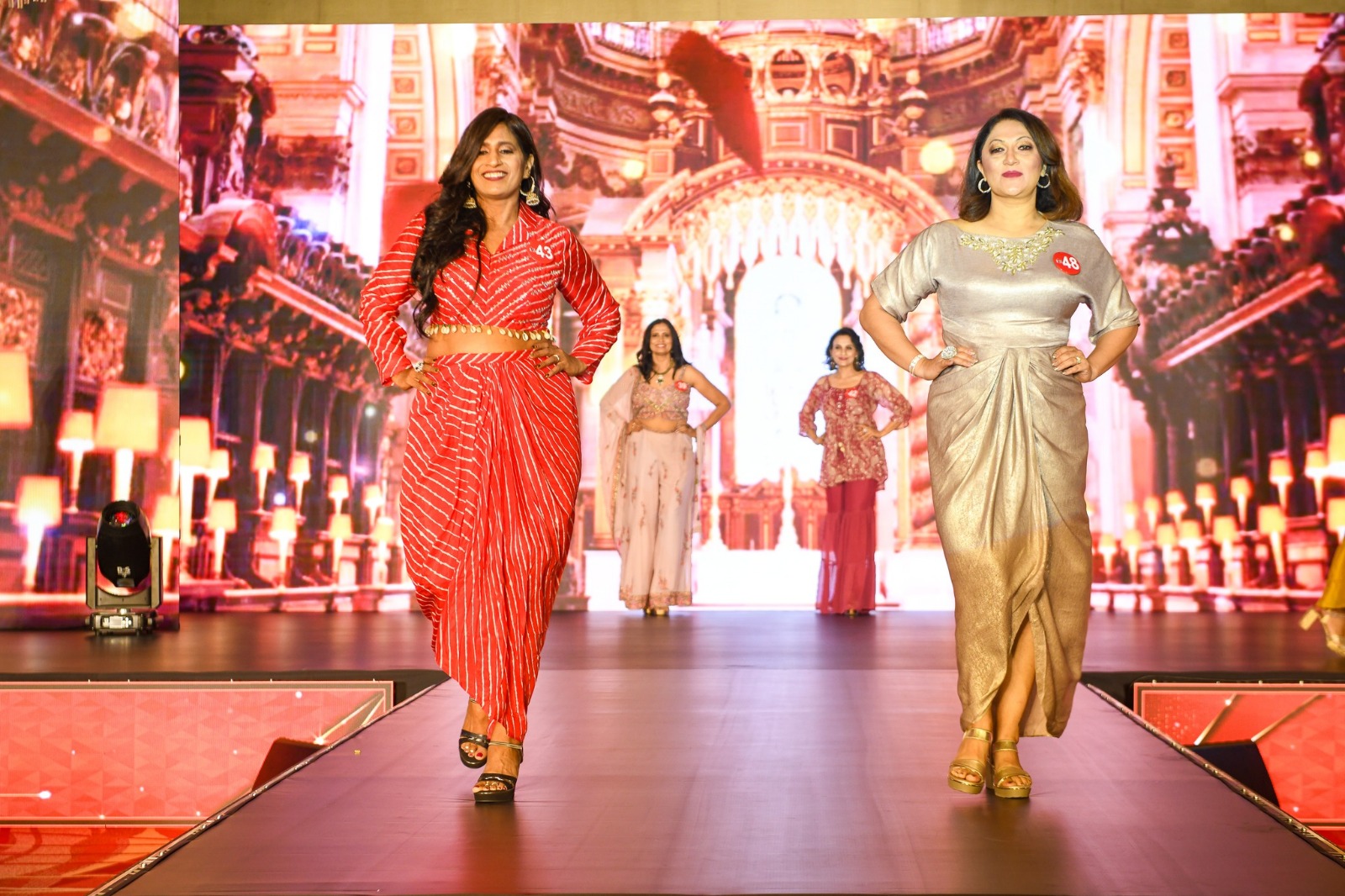Empowerment or Objectification? The Role of Beauty Pageants in the Modern Era

Beauty pageants have been a cultural fixture for decades, giving women the opportunity to showcase their beauty, talents, and, more recently, their advocacies. While they have transformed over the years, there remains a debate over whether pageants truly empower participants or reinforce outdated notions of beauty. In the modern era, this debate takes on new dimensions as the spotlight includes not only Miss pageants for unmarried women but also Mrs. pageants for married women, such as Mrs. India and Mrs. Universe.
The Empowerment Narrative: Beyond Beauty
Beauty pageants have increasingly focused on redefining what it means to be “beautiful” by celebrating intelligence, resilience, and leadership. For unmarried women, pageants like Miss Universe or Miss World have become platforms for advocating social causes, promoting education, and using their voices for change. Many contestants, such as Priyanka Chopra and Aishwarya Rai, have used their pageant experiences as stepping stones to successful careers in entertainment and beyond.
Similarly, pageants for married women, such as Mrs. Maharashtra, Mrs. India and Mrs. Universe, provide a unique opportunity for participants to reclaim their identities. These pageants celebrate the multifaceted roles of women—whether they are wives, mothers, or entrepreneurs—while encouraging them to break free from societal expectations. By participating, many married women rediscover their confidence, use the platform to share their stories of empowerment, and inspire others in similar life stages.
In this sense, pageants serve as a celebration of women’s ability to thrive in both their personal and professional lives, proving that beauty is not just skin deep. They allow women to build self-esteem, learn new skills like public speaking, and even become role models in their communities.
The Objectification Criticism: Outdated Beauty Standards?
Despite these empowering aspects, beauty pageants are often criticized for their inherent focus on appearance. Whether for unmarried or married contestants, these competitions inevitably involve the judging of physical attributes, from the evening gown competitions to body-revealing segments like swimsuits. This emphasis on looks can reinforce narrow definitions of beauty, which may be unattainable for many women.
Even with the inclusion of categories such as talent and advocacy, critics argue that the pageants still place disproportionate value on physical attractiveness. For some, the notion of walking on a stage to be judged based on looks seems outdated and reductive in an era where body positivity and diversity are championed.
Moreover, pageants for married women, such as Mrs. India or Mrs. Universe, face an additional layer of criticism. Some argue that by focusing on the titles of “wife” or “mother,” these contests reinforce traditional gender roles, suggesting that a woman’s worth is still tied to her marital status. The question arises: Are we truly celebrating women’s accomplishments, or are we just elevating them within the confines of conventional beauty standards?
Striking a Balance: The Modern Evolution of Pageants
Despite these criticisms, beauty pageants have been making efforts to add spotlight on the grace, intelligence, and charm of women. Many competitions have started to include diverse body types, backgrounds, and ethnicities, shifting the conversation from beauty to inclusivity. Miss Universe and Miss World now emphasize contestants’ advocacy work, ensuring that their impact is felt beyond the pageant stage. Mrs. India and Mrs. Universe provide similar platforms for married women to speak on issues such as gender equality, family, and career challenges.
Some of these pageants now focus on celebrating not just a woman’s beauty, but her journey—her triumphs, her struggles, and her contributions to society. For instance, many Mrs. pageants emphasize the role of women as leaders in their communities, encouraging them to use their platforms to influence change. This gives these pageants a new dimension, promoting empowerment to Dare, Dream and Dazzle in the unique challenges faced by married women.
In the modern era, beauty pageants occupy a complicated space. While they offer participants empowerment through confidence-building, advocacy, and leadership opportunities, they also face criticism for reinforcing outdated beauty standards. The challenge for pageants—whether Miss or Mrs.—is to continue evolving, reducing the focus on physical appearance, and highlighting the diversity, intelligence, and leadership of the women who participate.
In the end, the question of whether beauty pageants empower or objectify remains largely in the hands of the contestants themselves. As these women take to the stage, their personal journeys, resilience, and achievements are what truly define the value of pageantry today. If pageants continue to provide platforms for women to inspire, influence, and uplift, they may yet redefine what empowerment truly looks like in the 21st century.







